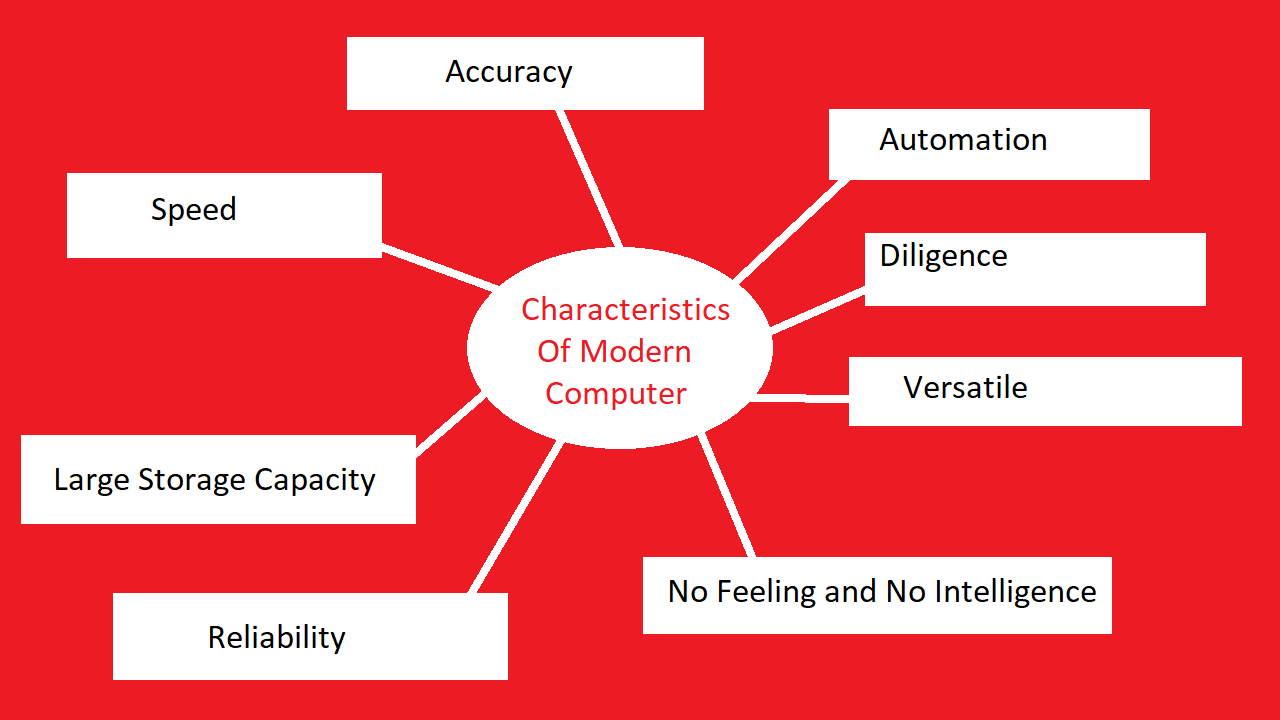Brief History Of Computer
The history of computers is a fascinating journey that spans centuries and has undergone numerous transformative developments. Here's a brief overview:
1. Ancient Calculating Tools (3000 BC - 1500 BC):
The earliest forms of computing can be traced back to devices like the abacus, which allowed people to perform basic arithmetic calculations. Other ancient tools like the astrolabe and slide rule were used for more specialized calculations.
2. Mechanical Calculators (17th - 19th centuries):
The 17th century saw the development of mechanical calculators, with notable inventions like Blaise Pascal's Pascaline (1642) and Gottfried Wilhelm Leibniz's Stepped Reckoner (1673). These devices helped to do arithmetic operations.
3. Analytical Engine (1837):
Designed by Charles Babbage, the Analytical Engine is considered the precursor to modern computers. It relied on punched cards for input and came equipped with components like an arithmetic logic unit, memory, and a control unit. Although it was never built during Babbage's lifetime, it laid the conceptual foundation for future computers.
4. Early Electromechanical Computers (1930s - 1940s):
The 1930s and 1940s saw the development of early electromechanical computers like the Atanasoff-Berry Computer (ABC) and Konrad Zuse's Z3. These machines used switches, relays, and gears for calculations.
5. ENIAC (1946):
The Electronic Numerical Integrator and Computer (ENIAC) is often considered the first fully electronic general-purpose computer. It used vacuum tubes and could perform a wide range of calculations.
6. Transistors and Integrated Circuits (1950s - 1960s):
The invention of the transistor in 1947 by John Bardeen, Walter Brattain, and William Shockley revolutionized computing. Transistors replaced vacuum tubes. It made the computers smaller, faster, and more reliable. The components have been made smaller and the costs have been lowered.
7. Personal Computers (1970s - 1980s):
In the 1970s, there was a rise of the microprocessor, leading to the development of personal computers like the Altair 8800 and the Apple I. IBM introduced the IBM PC in 1981, setting the standard for personal computing.
8. Graphical User Interfaces (1980s - 1990s):
The use of graphical user interfaces (GUIs) introduced by Apple and Microsoft in the 1980s transformed the way individuals interacted with computers. The Macintosh and Windows operating systems made computers more user-friendly.
9. Internet and World Wide Web (1990s):
The 1990s brought the widespread adoption of the Internet and the World Wide Web, transforming computers from isolated machines into global communication tools. The creation of the World Wide Web in 1991 by Tim Berener Lee played a vital role in this development.
10. Mobile Computing and Smartphones (2000s - Present):
The 21st century saw the proliferation of mobile computing, with the emergence of smartphones and tablets. Apple, Google, and Samsung contributed significantly to making computing more accessible and portable.
11. Artificial Intelligence and Quantum Computing (2000s - Present):
The world of computing is currently experiencing a transformational shift due to the remarkable advancements in artificial intelligence (AI) and quantum computing. The groundbreaking technology of deep learning has already had a profound impact on various fields, while quantum computers are capable of solving complex problems exponentially faster than classical computers. These advancements are paving the way for a new era of computing that holds tremendous potential for both businesses and academic institutions.
Throughout history, computers have undergone continuous innovation and advancement. Every era builds upon the achievements of the previous one, resulting in computers becoming an integral part of modern life. Their influence spans nearly every aspect of society, including communication, entertainment, scientific research, and business operations.



















